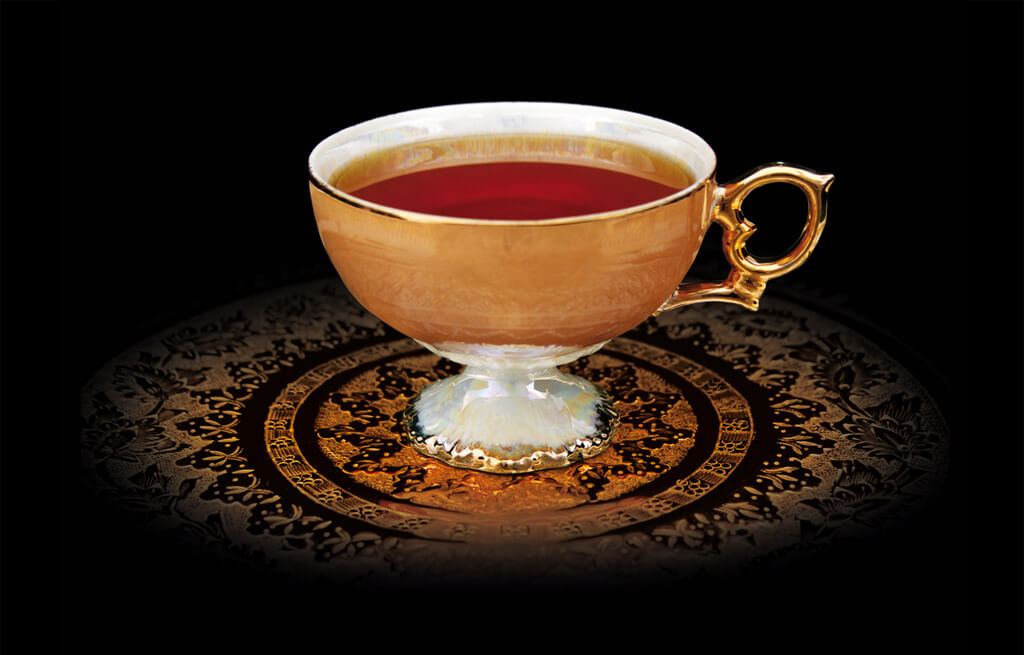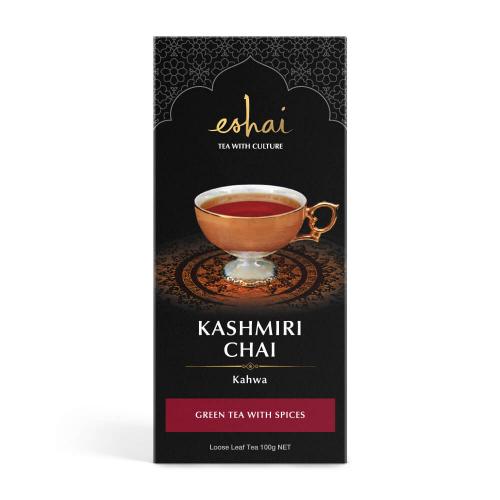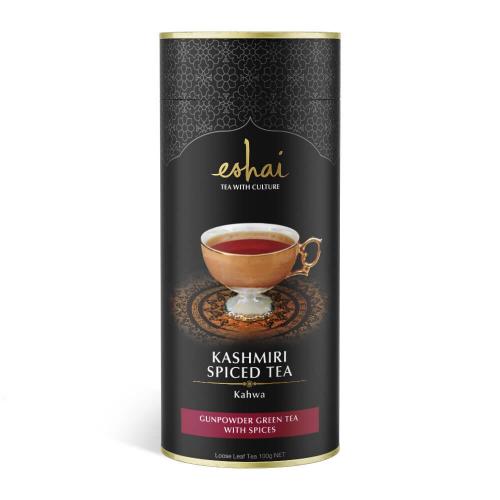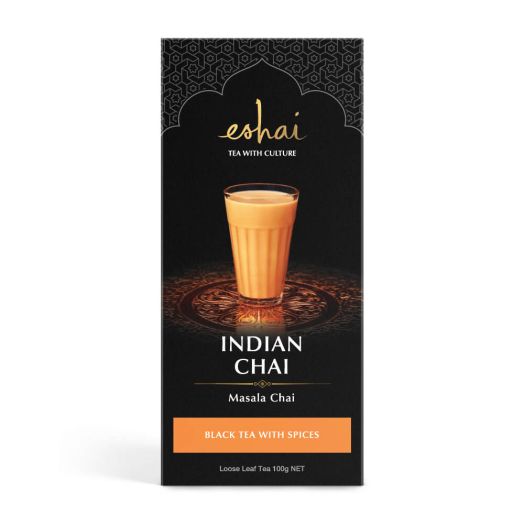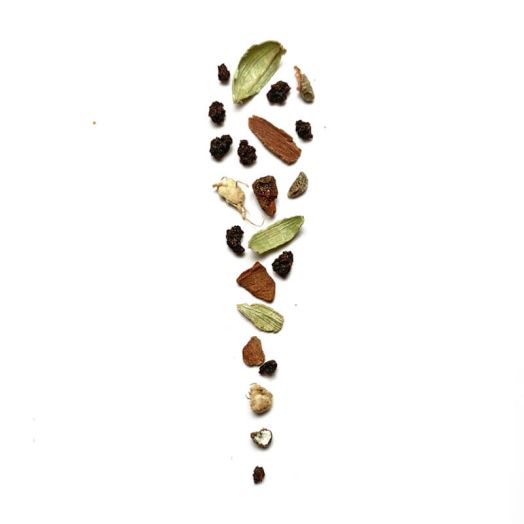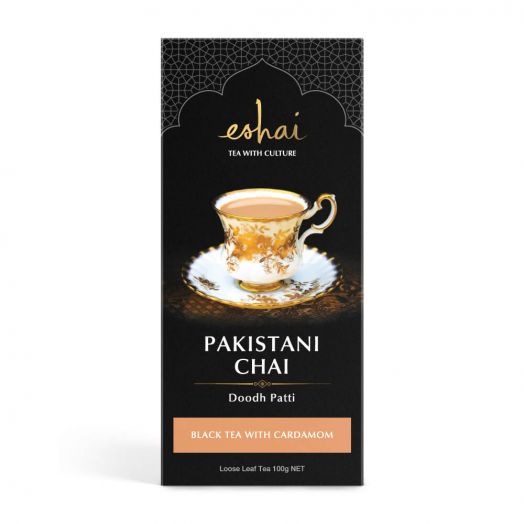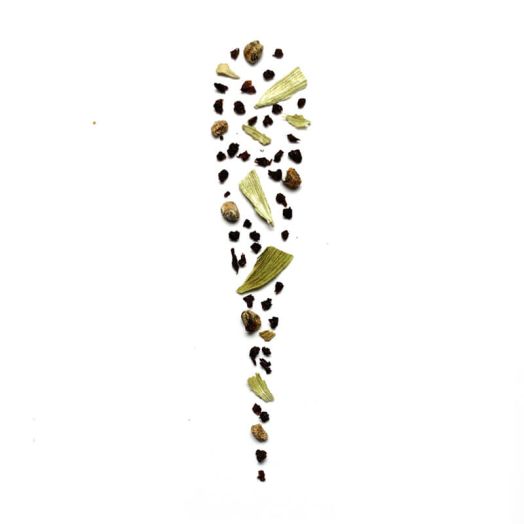What’s In The Packet?
vegan. gluten free. 100% natural. organic ingredients.
no preservatives or additives. artisanal.
hand-milled. hand-blended. hand-packaged
Feel
Glowing.
Upbeat.
Rejuvenated.
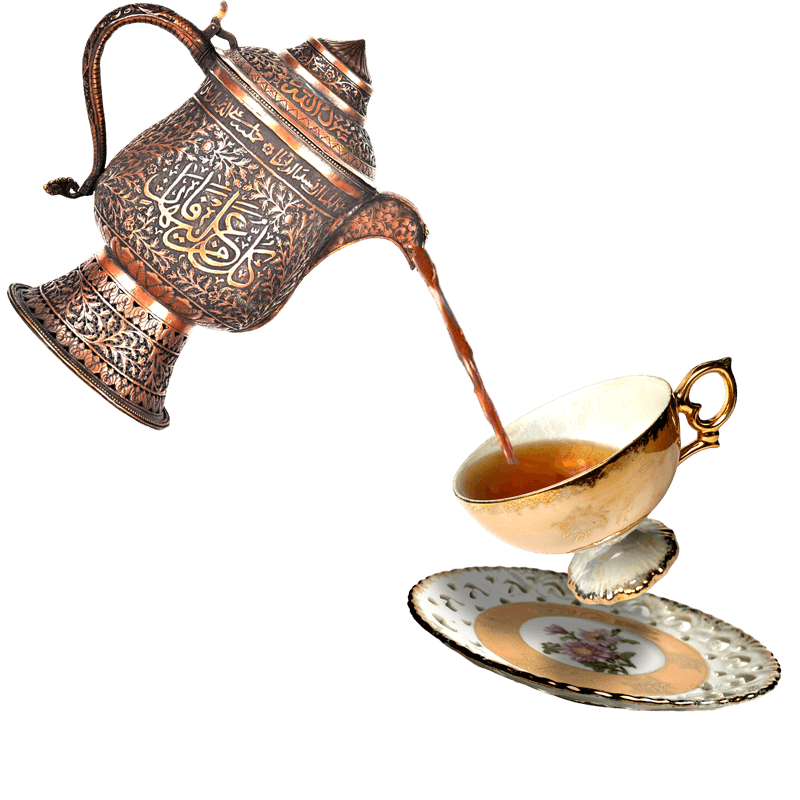
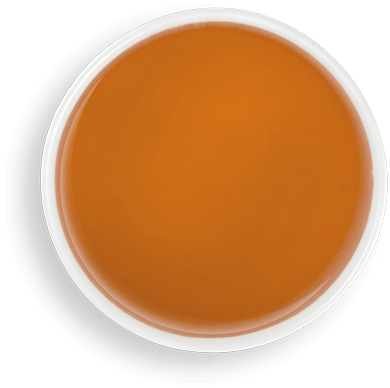
Tastes
Soft.
Spiced.
Musky.
Delicately smooth with spiced notes, finished with the musky flavour of saffron.
Experience It
Anytime. Hot or Iced. Sweet.
Solo or With Your Fav Treat.
Best Enjoyed
Fresh from the stove so you can bask in the aura of the aromatic spices. On hot days, put your own cooling twist on Kashmiri Chai by serving it over ice. Tea purists can enjoy this spiced delight in its natural state. If you want the traditional Kashmiri experience, add sugar, honey, or your favourite sweetener to unlock hidden dimensions within the spices, transforming tea time into a transcendent experience. For a final touch of traditional beauty, garnish your cup with chopped almonds or walnuts..
Best Served
For a bit of culturally inspired fun, serve your Kashmiri Chai in traditional silver, copper or brass khos cups. Decorative porcelain teacups are also favoured in Kashmir, particularly for casual gatherings. If it’s a sumptuous experience you’re after, impress guests with your finest china. Of course, you should always feel free to use your favourite teacups, and if it’s cold outside, there’s nothing like a cosy mug to warm your hands as you sip.
Pairs With
With its intricate flavours, Kahwa is a joy on its own, but if you’re looking for a truly cultural experience, try some traditional Kashmiri treats. Savory street foods such as nader monje (deep-fried crispy spiced lotus stems) or tyil karre (deep-fried crispy spiced peas) are a perfect match for Kashmiri Chai. Sweet treats are also brilliant for balancing Kahwa’s astringency. Try shangram (deep-fried halwa balls) and basrakh (fluffy and crisp sugar-coated dough balls), both of which melt in your mouth with each sip of Kahwa. If you don’t have access to these traditional snacks, nuts, dates and fruit are a simpler Kashmiri treat, and Kahwa will be delightful with your favourite bickie.
Tea Time
In Kashmir, life flows to the tune of chai. Tea is served anytime, everywhere, and in all seasons in this mountainous pocket of the world. Low in caffeine, Kashmiri Chai can be your all-day companion; just avoid late-night sips if you’re super caffeine sensitive.
Caffeine Level
Low
For the gentlest hum of energy
Taste Strength
Medium
For a rich, smooth experience
Known For
Elegant Energy. Stress Release. Immunity Support
Brewing Guide
Brew It the Simple Way
-
Leaf
1 tsp
-
Liquid
200 ml (7 fl oz)
-
Method
Steep
-
Temp
100°C (212°F)
-
Time
2 – 3 min
To Make 1 Cup:
- Add 1 tsp of tea to a teapot, infuser pot, or tea maker.
- Pour in 200 ml (7 fl oz) of water boiled to 100°C (212°F).
- Steep for 2 – 3 min.
- Strain into cup.
- Enjoy pure or sweeten to taste.
This Brewing Guide details how we recommend brewing your chai. But taste is a very personal thing, and we all have our own quirks and preferences. So feel free to experiment and have fun finding your tea brewing groove! You can then refer back to this Brewing Guide anytime you want a refresher on the best tools to use, the ideal brewing method, the magic leaf-to-water ratio, and the perfect water temperature and brewing time.
Brew It the Traditional Kashmiri Way
Allow the full majesty of the spices to unfurl by brewing your Kashmiri Chai the traditional way.
-
Leaf
1 tsp
-
Liquid
250 ml (8.5 fl oz)
-
Method
Stovetop brew
-
Temp
Rolling boil
-
Time
2 – 3 min
Tea Tools
All the specialised utensils you’ll need for the traditional brew:
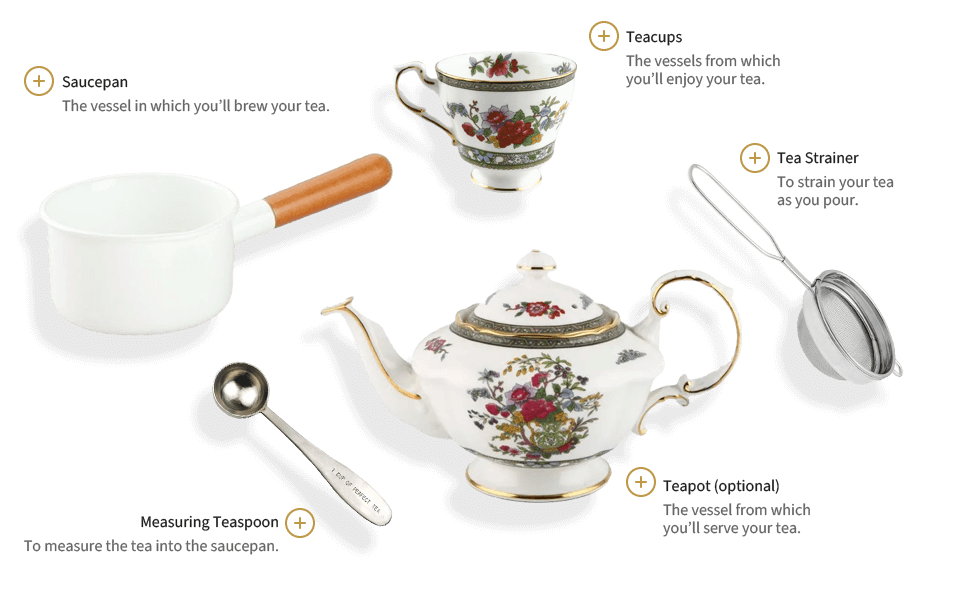
-
Measure
You will need 1 tsp of tea per cup (250 ml / 8.5 fl oz) of water.
For best results, use freshly drawn ambient filtered water.
-
Brew
Bring the water to a rolling boil in your saucepan or traditional Kashmiri samovar. Next, add the tea. If sweetening with sugar, add it at this point and allow it to simmer with the tea to create greater depths of flavour. Reduce the heat and gently simmer uncovered for 2 – 3 min or until the aroma of the spices fills the air and the tea develops an amber colour.
-
Serve
Whether you’re enjoying tea alone or with friends, you can pour directly into the teacups or transfer the brew to a teapot first. Either way, it’s best to strain it through a mesh strainer to prevent the tea leaves from flowing out. If sweetening with honey or any sweetener other than sugar, now is the time to add the desired amount. Garnish each cup with a sprinkle of chopped almonds or walnuts before pouring.
-
Drink
If you are drinking from a traditional handle-less cup, hold the rim with your thumb and index finger. Not only is this the traditional way, but it is also the best method for ensuring you do not burn your fingers.
Before taking your first sip, savour the aroma of the tea in the teacup to experience greater depths of flavour. The brew may be piping hot, so make your first sip small and take it slow, testing the temperature of the brew so that you don’t burn yourself. If you’re not in a rush, you can also let your brew cool for a while as you savour its comforting aroma, building up anticipation for that first satisfying sip.
This Brewing Guide details how we recommend brewing your chai. But taste is a very personal thing, and we all have our own quirks and preferences. So feel free to experiment and have fun finding your tea brewing groove! You can then refer back to this Brewing Guide anytime you want a refresher on the best tools to use, the ideal brewing method, the magic leaf-to-water ratio, and the perfect water temperature and brewing time.
Brew It the Chilled-Out Way
To enjoy this tea iced, simply follow the Quick Brew steps, adjusting the leaf-to-water ratio based on the volume of your cup. After straining, cool the tea uncovered so it reaches room temperature faster. Serve chilled over ice.
Want to make a big batch of tea to fill a glass jug or pitcher?
In this case, it’ll be easier to prepare a tea concentrate first. Follow the Quick Brew steps, adding the amount of leaf you’ll need for the total volume of your jug or pitcher. However, instead of adding the full amount of water, only add 1 cup (250 ml / 8.5 fl oz) per litre (34 fl oz) of iced tea you’re making. After straining the concentrate into your vessel, simply top it up with the remaining volume of ambient water. No need to cool your tea – the ambient water will naturally do the job for you! Serve chilled over ice.
Tips
If you wish to make the tea sweet, it’s best to add your desired sweetener after straining but while the brew is still hot. This ensures it’s able to fully dissolve and beautifully sweeten your tea.
Ice is infamous for diluting drinks, but you can harness its power to water things down by brewing your tea a little stronger than you otherwise would. To get it just right, try doubling the tea leaf quantity provided under Quick Brew. You many need to experiment a little to find your perfect balance.
This Brewing Guide details how we recommend brewing your chai. But taste is a very personal thing, and we all have our own quirks and preferences. So feel free to experiment and have fun finding your tea brewing groove! You can then refer back to this Brewing Guide anytime you want a refresher on the best tools to use, the ideal brewing method, the magic leaf-to-water ratio, and the perfect water temperature and brewing time.

